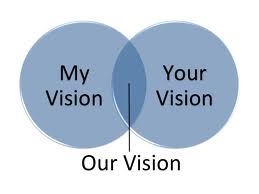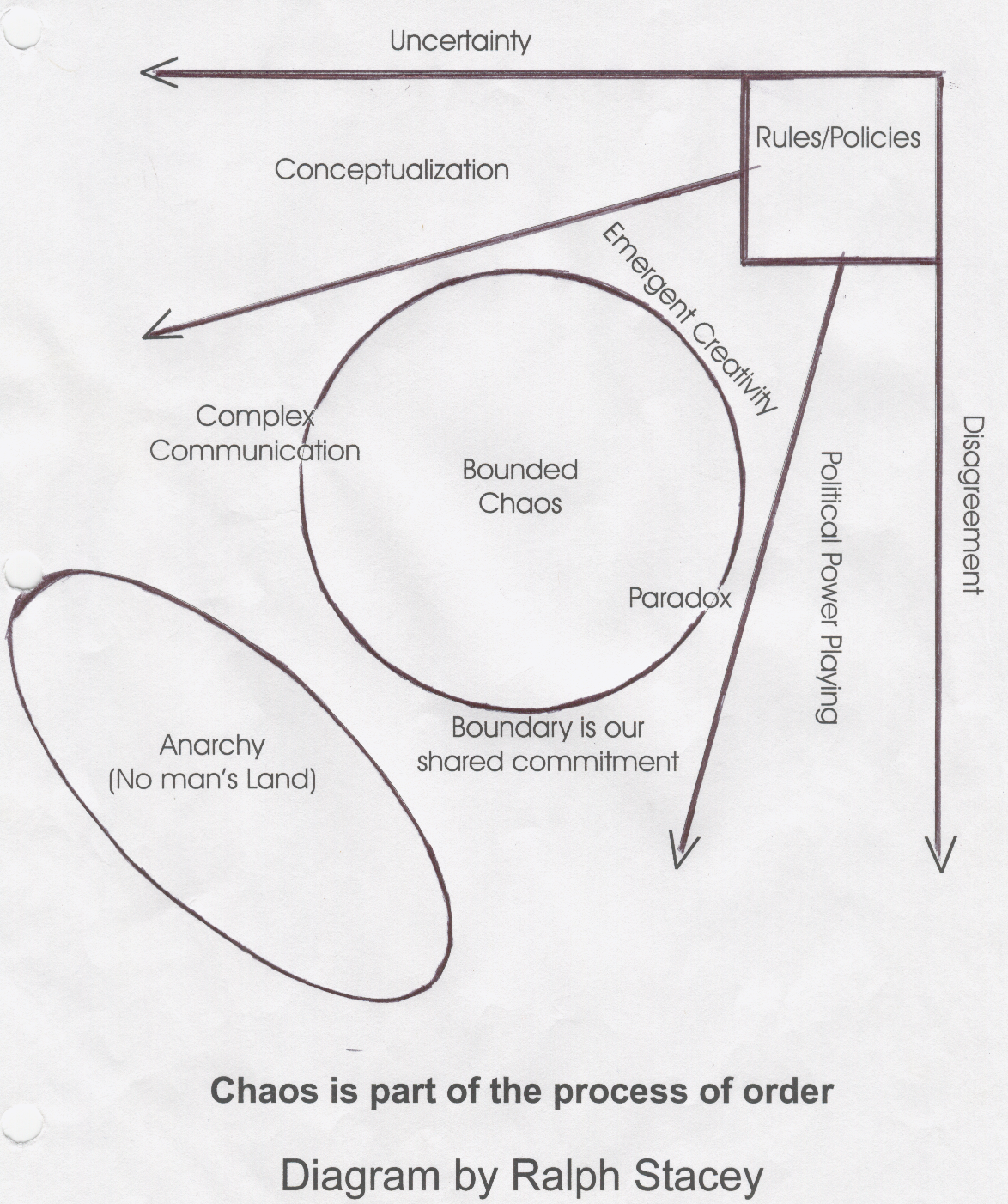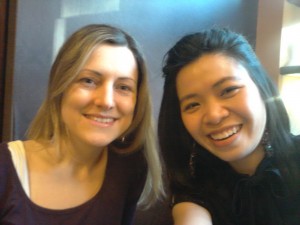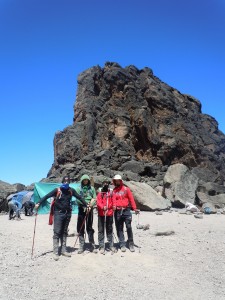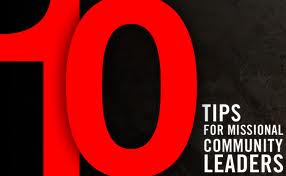 I get excited whenever I hear about new churches starting up. As far as I’m concerned, there is always room for more churches of every stripe and type to be planted in every neighborhood, town, and city. Over the years I have had the honor and delight of planting a few churches as well as being a birthing coach and cheer leader to a number of new missional communities. By virtue of my personality type and gift mix as a persistent, and yes at times bull headed and stubborn pioneer, I must confess that I have had to learn some of what I’m about to share through the application of the two by four method. In other words by doing things the wrong way and wondering why my nose is so raw, I’ve come to realize that perhaps this is simply the nature and learning style of most church planters, catalysts, and pioneers. With that in mind, I hope that through the hard lessons I’ve learned backwards with a few bumps,bruises and scars to show for it, I can help a few pioneers not repeat those mistakes and possibly help prevent some church planting disasters or shipwrecks.
I get excited whenever I hear about new churches starting up. As far as I’m concerned, there is always room for more churches of every stripe and type to be planted in every neighborhood, town, and city. Over the years I have had the honor and delight of planting a few churches as well as being a birthing coach and cheer leader to a number of new missional communities. By virtue of my personality type and gift mix as a persistent, and yes at times bull headed and stubborn pioneer, I must confess that I have had to learn some of what I’m about to share through the application of the two by four method. In other words by doing things the wrong way and wondering why my nose is so raw, I’ve come to realize that perhaps this is simply the nature and learning style of most church planters, catalysts, and pioneers. With that in mind, I hope that through the hard lessons I’ve learned backwards with a few bumps,bruises and scars to show for it, I can help a few pioneers not repeat those mistakes and possibly help prevent some church planting disasters or shipwrecks.
1. Start with a team of faithful, forgiving friends who have complimentary gifts and a shared vision!
- Ask the question who would you want to ‘be and do’ church with?
- The two tests of true friendship are conflict and time. Look for friends who have passed these tests to be part of your team.
- A good team has a mixture of pioneers and settlers, gatherers and nurturers.
- Keep clarifying and coming into agreement with your team around your core values and practices in living out mission and community.
- Have fun together and don’t take yourselves too seriously.
- Be in each others homes eating and sharing life together.
2. Set the DNA for missional living right from the get go!
- Become friends with the poor.
- Form community around the friends you make.
- Be present and make time to form authentic relationships with your neighbors.
- Find the ‘third places’ in your community and hang out there. These are the places that people gather and are neutral such as cafes, pubs, the library.
- Volunteer to serve in your community through coaching a sport, getting involved in your kids schools, forming a book club, or by starting a parenting or marriage course and then advertising it in the community
- Take people on a missions trip to the developing world or on a ministry trip where they get to do the stuff at least once a year. Forming a hospitable missional culture will keep the community healthy.
- Be cognizant of your ‘spoken versus your unspoken culture’ – what we say versus what we actually do.
Spoken values need to be translated into feet values!
3. Go slow to go fast!
- Resist the temptation to go to a public Sunday morning gathering as long as you can. Going public to quickly will draw the malcontents, and those looking for the the ‘next big thing’ to attach themselves to.
- Remember that a crowd does not a community make!
- Prioritize small groups right from the get go. The rule of thumb is to have 3-5 small groups before going to a Sunday service.
- Pace yourself. The temptation as a visionary is to go so fast that those following you can’t keep up, and then unknowingly the community or your leadership will burnout or feel like they are constantly getting whiplash.
Remember that what you as a visionary consider to be a 3 degree slight shift of direction will feel like a 90 or 180 degree jolt farther down the tail.
4. Keep the mission simple: “Love God and Love Your Neighbor”!
- Practice the unforced rhythms of simplicity, silence, solitude, and prayer on a daily and weekly basis.
- Encourage your team to move into the same neighbourhood together, or encourage clusters of folks to consider moving into other neighbourhoods in your city.
- Practice the “art of neighbouring”. There is great little book written by Jay Pathak and Dave Runyon that has the same title and well worth having your community read and apply!
- Bake some cookies and go meet your neighbours who you don’t know by name yet.
- Have block parties.
- Give and receive from the people living right next to you with no strings attached! When we put ourselves in a posture to receive we get out of the power position, and the relationships with our neighbours become mutual and authentic.
- Don’t try so hard to convert people that’s God’s job. Simply tell your story and watch for who the Holy Spirit is drawing into the Kingdom.
5. Prioritize One To One Apprenticing!
Making babies is the fun part of parenting or apprenticing, yet it also comes with the hard work of changing diapers!
- Get our of your office and spend a good chunk of your week in ‘one to one mentoring’.
- Look for who is hungry and teachable and spend lots of time with these folks.
- Be organically intentional or deliberate in the process.
- Remember that church planting is just the natural byproduct of apprenticing. The making of disciples is the accidentally on purpose strategy for church planting. Once you have a few disciples you have the core team for a church plant.
- Pass on the Jesus way of life by having people live in community with you or shadowing you.
- Spend time surfacing and walking out healing for the family of origin wounds that we all bring to and project on the church. If someone has unresolved ‘mommy or daddy owies’ these wounds will impact how that person relates to you as the church planting couple. Spiritual health is directly connected to how emotionally healthy a person is. Suggested read: The Emotionally Healthy Church: A Strategy for Discipleship that Actually Changes Lives by Peter Scazzero
6. Lead from your sweet spot!
- Relax and don’t over grip your club or racket! When we are stressed or trying to hard we will not be fruitful. Live in the pocket of God’s peace and rest.
- Resist the temptation to copycat models and methodologies that work for someone else and don’t compare yourself to other churches or leaders.
- Be yourself and don’t fall into the trap of trying to live from the ‘ought self’ – what you internally and others externally expect you to be.
7. Keep Casting a Vision for Jesus and the Big Story of His Kingdom while calling out the song of the Kingdom in each person.
- We are part of a grand narrative that needs to be told afresh to each generation.
- God has dropped the song or seeds of the Kingdom in each person. This is the longing in each person for intimacy and the desire to make a difference on this earth through the gifts and passions they have. We as leaders are to call this out and cheer folks on to live the Kingdom dream!
- Give room for the mystery of the ‘already not yet of the Kingdom’.
- Teach and live the themes of justice, peace, righteousness, joy, mission, reconciliation, and healing.
- Do the stuff of praying for the sick, deliverance, caring for the poor, and loving your enemies.
- Train others to do likewise – watch what I do, go do it, and then let’s debrief.
8. Do a few things well.
- Learn to say no to the good things that are not the best, especially the good ideas that people bring to you, but want you to execute.
- Focus on those things that people are willing to commit time, energy, and money to.
9. Find life and form simple structure around that life.
- God is the initiator of life. What we need to learn is to see where God is birthing life and put some simple structures around that life.
- Look for circles of 3 people who are already friends and doing something together. Simply bless that and come alongside and coach it.
- Start your small groups by asking these two questions: Who do you have faith for? Who would you go to if you had a struggle in your marriage, or if you had an hidden addiction that you can’t kick on your own.
10. Discern the seasons of your life and community.
- When it is winter season there will be some culling and pruning of activity and people. Don’t panic or try to start new things in this season. Ask the question what and who do we need to let go of even if it is painful? God is wanting you to go deeper in your roots and character.
- Practice lament when there is loss.
- Celebrate when it is a season of growth such as when with new babies are being born in the natural, and into the spiritual family.
- Throw great parties and remember to have fun!
By Tim Schultz





